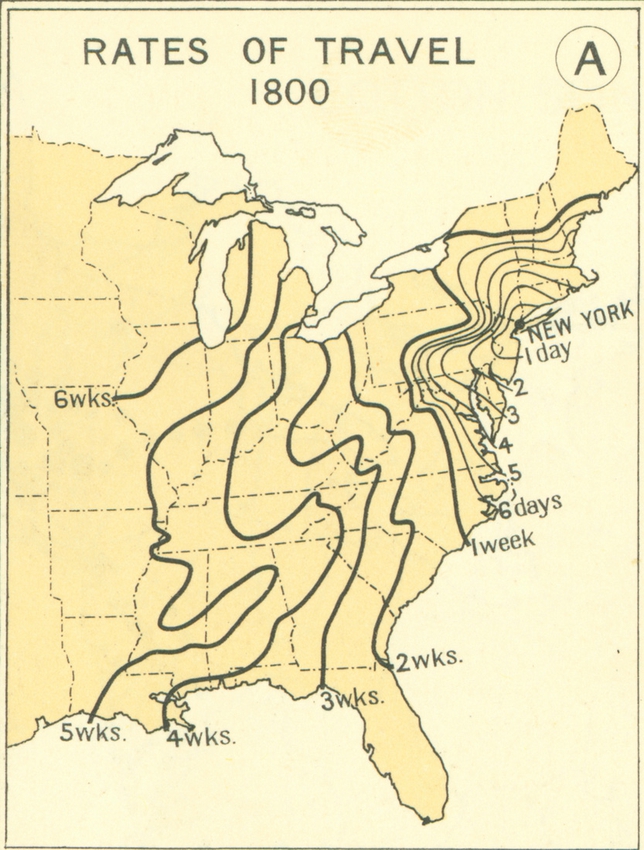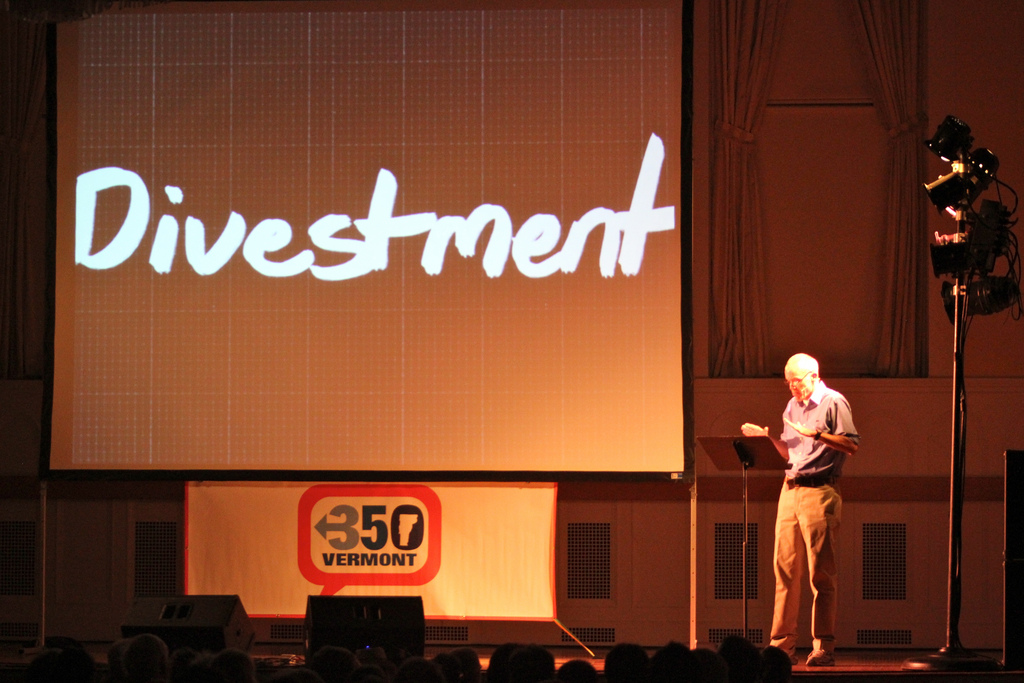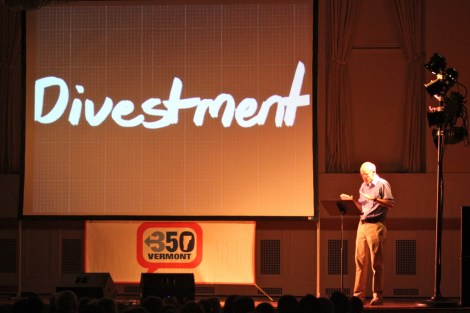Those kids today, amirite? What with their video games and their Facebooks and their grassroots organizing to create sociopolitical change. 350.org’s campaign to create pressure on universities to divest from fossil fuel companies is not just rolling — it’s snowballing.
The goal is to turn global warming action into the moral issue of this generation.
“Bottom line, for a college or university, you do not want your institution to be on the wrong side of this issue,” said Stephen Mulkey, president of Unity College in Maine.
Unity became the first college to authorize divestment using 350.org’s guidelines last month. “We realized that investing in fossil fuels was an unethical position, especially considering our focus on environmental issues,” Mulkey said.
That point, that fossil fuels companies are inherently unethical, is where the campaign derives its real power. From The New York Times:
Students who have signed on see it as a conscious imitation of the successful effort in the 1980s to pressure colleges and other institutions to divest themselves of the stocks of companies doing business in South Africa under apartheid.
But that comparison might not be the most apt. First, the student apartheid movement didn’t start and finish in the 1980s — it was a movement of the ’50s, ’60s, and ’70s first. It also didn’t really work like this.
“The divestment movement against apartheid was not aimed directly at the South African government — it was divestment from companies that were based in South Africa and companies that were doing business in South Africa,” says City University of New York historian Angus Johnston. “The idea was you would divest from companies that were doing business in South Africa to put pressure on them to pull out, which would then create not only an economic crisis in the country but also a cultural crisis. If white South Africans couldn’t get McDonald’s and Coca-Cola and Mercedes cars, that would press the white people of South Africa to sort of reassess the goodies they were getting from apartheid.”
“That’s a different sort of pressure. It’s much more similar to the Israel divestment thing,” he says.
The campaign for fossil fuel divestment, says Johnston, has much more in common with the campaign for tobacco divestment.
“Tobacco companies came to be seen as bad actors. There was some relatively low level pressure from students, and the sort of generically nice liberal people, the kinds of people who are trustees and funders at universities, tend not to want to associate with people who are evil and bad and yucky. And so universities have divested themselves of tobacco stocks,” he says.
“The idea that tobacco companies are bad actors does contribute to a decline in smoking. It’s not just that smoking is going to kill you — it’s also that smoking is giving money to bad people.”
Essentially this is not a real war, but a war of public relations, of perceptions. “It’s not like they believe they’re going to put the fossil fuel industry out of business, that Exxon is going to see the error of its ways and become a conglomeration of wind farms,” Johnston says of the divestment campaigners. Oil companies will continue to sell oil, because that’s how they get their money. But a national campaign that gets everyone talking about how evil those guys are — that’s where the ethical appeal comes in.
All protest actions have some element of PR war, even when real risks are being taken at, say, the Keystone XL blockade in East Texas. But not all campaigns require the same tactics. Which is why the end of The New York Times piece jumped out at me.
Students said they were well aware that the South Africa campaign succeeded only after on-campus actions like hunger strikes, sit-ins and the seizure of buildings. Some of them are already having talks with their parents about how far to go.
“When it comes down to it, the members of the board are not the ones who are inheriting the climate problem,” said Sachie Hopkins-Hayakawa, a Swarthmore senior from Portland, Ore. “We are.”
The question of when to escalate from civil diplomatic pressure to civil disobedience is an important question of protest tactics, especially in the current climate of campus activism.
A new student movement has been percolating, especially in California, for the last three years or so. A lot of buildings have been seized — demonstrations have become occupations on numerous occasions. There have been barricades, riot police, bricks thrown. And nearly no demands have been met. In what Johnston refers to as “the post-Davis-pepper-spray-era” of student activism, hardline civil disobedience tactics may have shifted the national debate — we talk about student debt now, don’t we? — but they haven’t been successful in most other terms. When Johnston and other activists rose up at college campuses in the ’90s, “it never crossed our minds that we would be arrested if we didn’t want to be.” But now?
“If you look at the campus activism of the last few years, we haven’t had a lot of protests that have actually won victories. Taking over buildings doesn’t win you victories any more. When you have the willingness of campuses like UC Berkeley to just arrest dozens and dozens of people for sleeping in an open classroom, taking over buildings isn’t what it was during the anti-apartheid movement,” says Johnston. “Part of the reason why is that if the university president at Cooper Union agrees to the demands of the folks who are sitting in right now, then there’s gonna be hell to pay whenever he goes to the next university president illuminati lunches.”
Ultimately the campaign has some serious potential, but we shouldn’t expect a social movement to coalesce and achieve results in just a couple months — we’ll only be disappointed when it doesn’t. (Um, Occupy anyone?)
“If you actually take the apartheid example seriously,” says Johnston, “it’ll be a PR war for the next 20, 30 years, and then after that it’ll be a real war.”
If only we had that kind of time.




